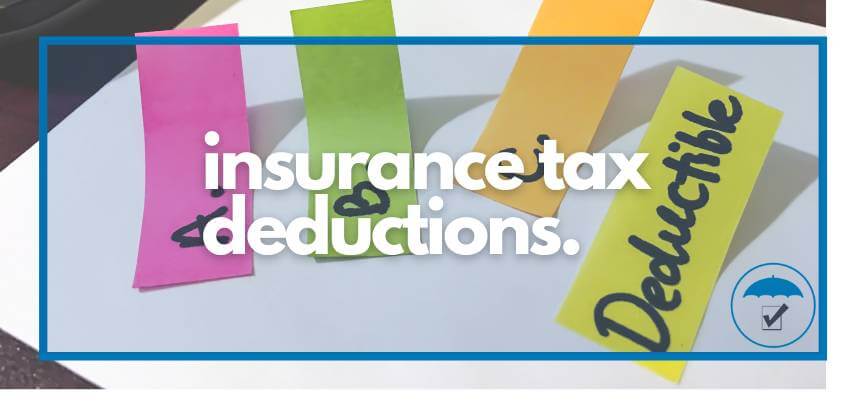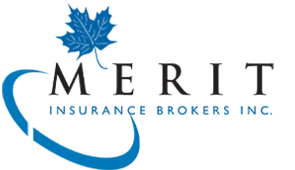
Insurance-Based Tax Deductions You May Be Missing
It is officially tax season in Canada. Normally, the general tax filing deadline date is on April 30th each year. This year, the date falls on a Saturday so there is a small extension until the next business day which is May 2, 2022. For those who are self-employed, or who have a spouse/partner who is self-employed, the deadline extended until June 15, 2022.
Some Canadians handle their own returns and rely on online income tax software or pay for the services of a qualified tax professional. No matter which option you choose, it is good practice to be informed about all your options. Many taxpayers miss out on deductions and credits simply because they aren’t aware of them. In this blog, we explore situations where CRA will allow you to write off the cost of some insurance policies from your income tax.
What is eligible?
You may pay insurance premiums for your car, home, life, and health. Sometimes there are tax credits available for each of these areas. The rules also apply differently to those who are employed by businesses vs. self-employed. In Canada, the government provides tax support for health-related costs. This means that the government offers tax credits for disability, medical expenses, and deductions for private health insurance premiums for the self-employed.
For example, if you needed to travel outside of the country for medical needs, then you could potentially claim that as a medical expense when you were filing your taxes. Or, if you had celiac disease and could only consume gluten-free products, did you know that you could claim the extra cost of purchasing gluten-free food as a medical expense? Visit the CRA website for more information.
If I am Self-Employed, Can I Claim my Car Insurance Premium?
For the majority of the workforce who are under group benefits offered by their employer, tax deductions do not apply to the individual. However, the rules do change slightly for self-employed Canadians.
When it comes to car insurance, you may be eligible to claim the cost of business related travel. The Canada Revenue Agency stipulates that self-employed individuals can add “other vehicle expenses” to their tax deduction. This can include expenses related to insurance, fuel, or lease agreements.
If I am Self-Employed, Can I Claim my Home Insurance Premium?
There are some circumstances that allow self-employed individuals to claim part of their home insurance premium as it relates to a workspace. The Canada Revenue Agency has strict guidelines and requirements for this clause. For more details, click here to view the CRA website.
Can I Claim Home Insurance Premiums on Rental Properties That I Own and Rent Out?
Yes, you may be able to claim property insurance premiums paid towards coverage on your rental property for the current year. If you are renting out a separate property you can claim the full amount. If you are renting out only a part of your principal residence, then you can only claim a portion.
Can I Write Off Life Insurance Premiums On Your Taxes?
In the majority of individual cases, life insurance premiums are not deductible on your income tax return. Even for business owners there are tiered rules. While some tax-deductible life insurance premiums are available as a business expense, this deduction is generally reserved for business owners who provide group policies for their employees—not self-employed individuals.
Tax season can be overwhelming. We strongly urge you to discuss any of the applicable options with a licensed accountant and your Merit broker. These are general rules to tax exemptions and deductions and a professional will be able to assess your particular situation.
If you have any questions about Insurance-Based Tax Deductions, please reach out to your Merit broker today!



